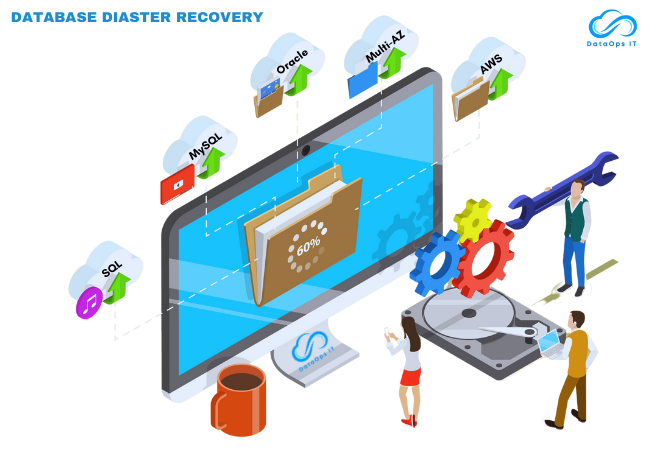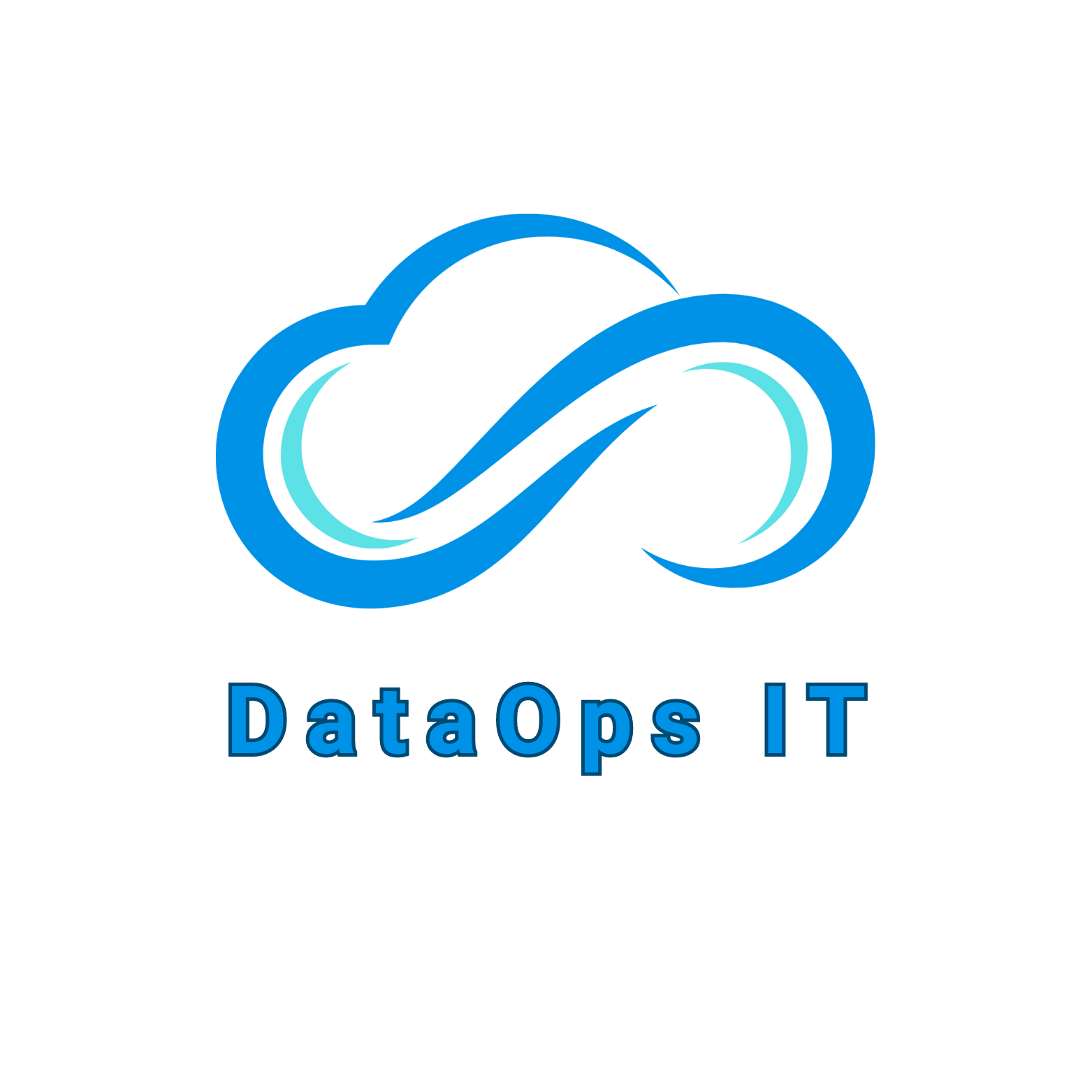
Database Disaster Recovery:
Be Ready for the Unexpected — Protect, Recover, and Resume Operations Fast
When disaster strikes — from system crashes to cyberattacks or human errors — the ability to recover your database quickly can decide whether your business survives the disruption or suffers major losses.
Our Database Disaster Recovery Services ensure that your critical data and systems are always recoverable, no matter what happens. We design recovery strategies that reduce downtime, prevent data loss, and get your business back online — faster and stronger.
Our Disaster Recovery Services Include
Disaster Recovery Planning
We assess your existing infrastructure, data flow, and business priorities to design a disaster recovery plan that matches your organization’s needs.
Our team defines recovery time (RTO) and recovery point (RPO) objectives to ensure your database can be restored exactly when and where you need it.
Data Replication and Synchronization
We set up real-time data replication across secure environments to ensure that a copy of your database is always available. In case of a system failure, operations automatically shift to the backup instance with minimal disruption
Failover and Recovery Management
Our disaster recovery systems are designed for instant failover, meaning your applications can switch to a standby environment in seconds. Once stability is restored, we safely transition back to the primary system without affecting performance or data integrity.
Failover and Recovery Management
We continuously monitor your database environment for risks and run regular recovery drills to verify that your plan works in real-world conditions. This ensures your disaster recovery setup is always ready when it’s needed most.
Types of Database Disaster Recovery Solutions
The best solution depends on what your business needs. Here are some common options:
On-Site Backup
Keeps your data stored locally for quick recovery.
Cloud-Based Recovery
Backs up your data in the cloud, giving you flexibility and scalability.
Hybrid Solution
Combines both on-site and cloud backups for extra protection.
Disaster Recovery as a Service (DRaaS)
Lets experts handle your recovery process for you.
Why Choose Us for Database Disaster Recovery?
Custom-Built Recovery Strategies – We design solutions around your business priorities, not one-size-fits-all setups.
Minimal Downtime, Maximum Protection – Quick switchovers and continuous data sync keep your business running even during failures.
End-to-End Data Security – Every stage of recovery is secured with advanced encryption and compliance-ready frameworks.
Business-Centric Approach – Our solutions safeguard not just your databases, but your ability to deliver uninterrupted services.

Stay Protected. Stay Operational. Always.
Don’t wait for disaster to test your database resilience.
Partner with us to build a reliable disaster recovery strategy that ensures your data, uptime, and business never skip a beat.
Frequently Asked Question
What is database disaster recovery (DR)?
Database disaster recovery involves strategies and tools used to restore a database to its pre-disaster state after natural disasters, hardware failure, corruption of data, or cyberattacks have taken place.
What is an RPO (Recovery Point Objective) in disaster recovery?
For example, the RPO sets the maximum acceptable amount of data loss at 1 hour, meaning that backups must guarantee no more than 1 hour of data loss in the event of a disaster.
What are the different types of database backups used in disaster recovery?
A full backup is a complete copy of the database. The incremental backup replicates the changes made since the previous full backup, while the differential backup records all the modifications made since the last full backup. The transaction log backup ensures that all transaction logs are captured.
What is database replication, and how does it aid disaster recovery?
Database replication is the process of creating and maintaining replicas of a database on different servers or locations, serving as a backup in case of disaster.
How do database DR strategies differ for relational and NoSQL databases?
Relational databases rely on transaction logs, backups, and replication, while NoSQL uses sharding, replicas, and consistency models for DR.
At DataOps IT Ltd, We're Committed To Business
Take the first step towards achieving your business goals by contacting us today. Schedule a consultation with one of our Cloud & Database specialists to discuss your objectives and explore how our innovative solutions can propel.

